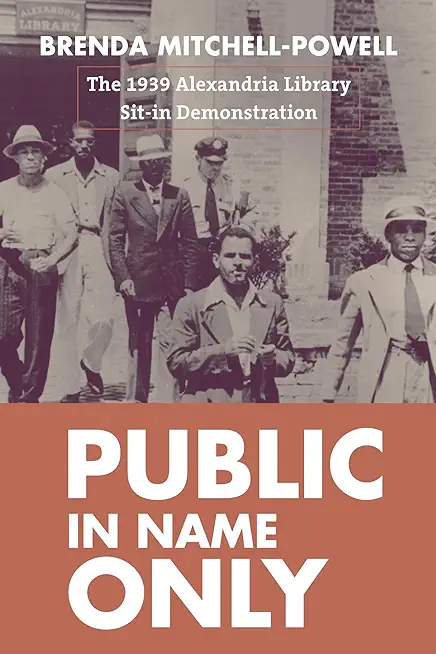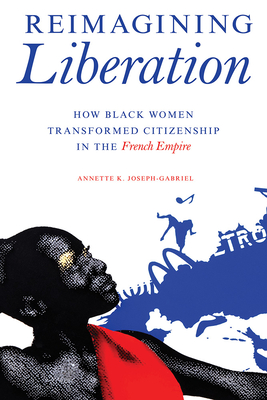
Mitchell-Powell, Brenda
When Alexandria, Virginia's first public library was constructed just a few blocks from his home, Samuel Wilbert Tucker, a young, Black attorney, was appalled to learn that he could not use the library because of his race. Inspired by the legal successes of the NAACP in discrimination cases, he organized a grassroots protest to desegregate the library that his tax dollars supported.
Public in Name Only tells the important, but largely forgotten, story of Tucker and a group of Black citizens who agitated for change in the terms and conditions of their lives. Employing the combined strategies of direct-action public protest, nonviolent civil disobedience, and municipal litigation, Tucker's initiative dovetailed with the national priorities and tactics of larger civil rights organizations. While Tucker's campaign did not end with the desegregation of the Alexandria Library, but instead resulted in the creation of a "separate-and-unequal" Jim Crow Black branch, the sit-in demonstration represents a momentous early struggle for racial equity waged through civil rights activism.







